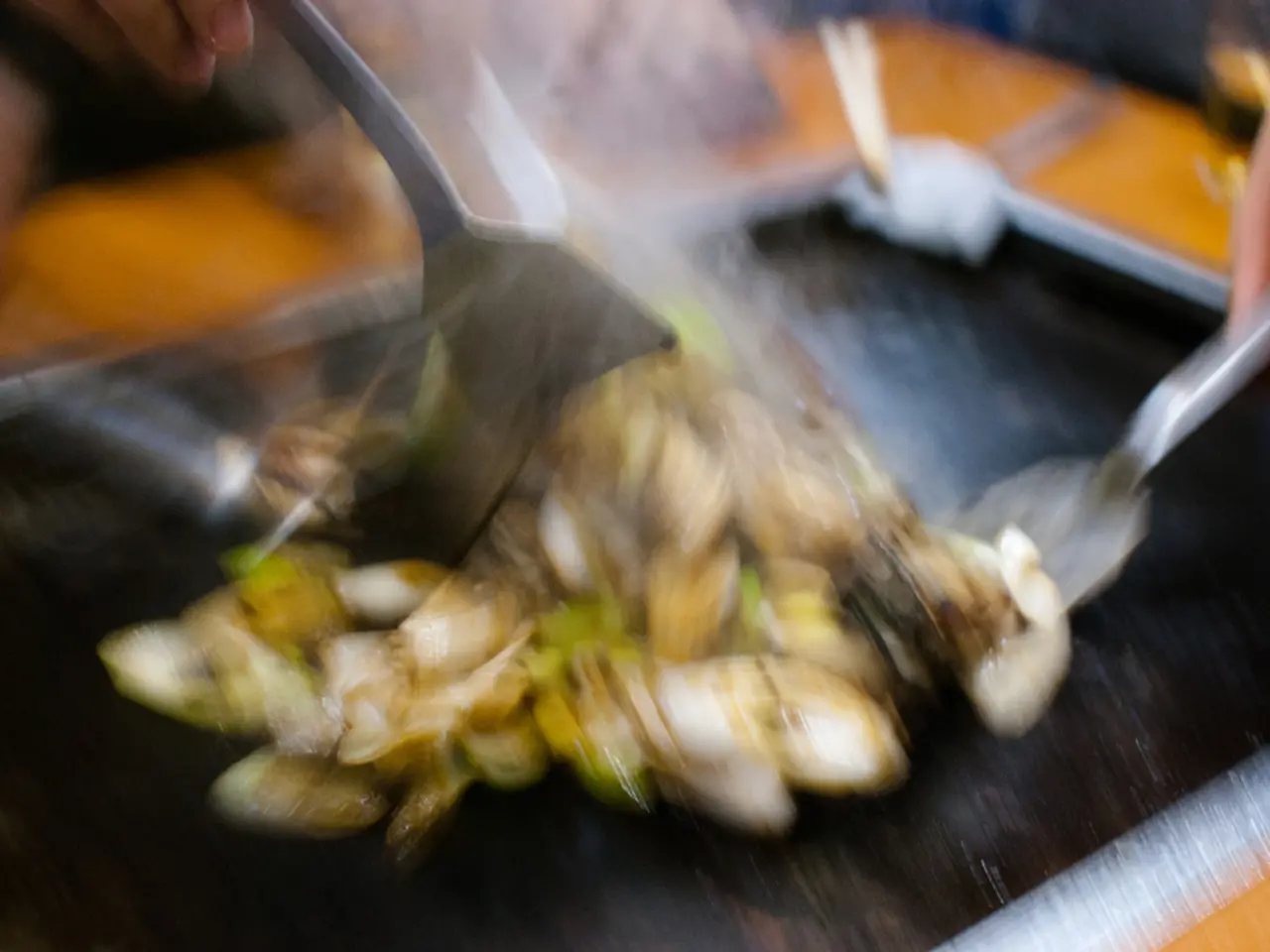Unraveling Misconceptions over Cosmetically Imperfect Foods: Are Visually Unappealing Foods Harmful?
In today's world, where aesthetics often rule, the concept of "ugly" produce might seem unusual. However, this movement towards embracing imperfect fruits and vegetables is a significant step towards sustainability.
As visual creatures, humans are influenced by marketing, media, and social media to prefer visually appealing food. This preference often extends to produce, leading to the rejection of fruits and vegetables that don't meet cosmetic standards. However, it's essential to understand that imperfections do not necessarily mean these foods are less tasty, less nutritious, or unsafe to eat.
Misconceptions about "ugly" produce are widespread, leading many consumers and retailers to reject or discard these items despite their usual quality and safety. This waste contributes significantly to food waste, which is a substantial environmental and societal disaster.
Food waste, including edible but unappealing produce, constitutes a sizable amount of trash worldwide. Decomposing food in landfills generates methane, a greenhouse gas over 28 times more potent than carbon dioxide, significantly contributing to climate change. Since food waste accounts for 24% of municipal waste and 58% of landfill methane emissions, wasting "ugly" produce exacerbates these environmental harms.
To determine if an imperfect fruit or vegetable is safe to eat, look for safe imperfections, be aware of the warning signs, and trust your gut. Not all imperfections are safe to consume; blemishes or scars may indicate spoilage or diseases, which can pose serious health risks if consumed.
Efforts to embrace and utilize "ugly" produce can help reduce this waste, conserve resources, and improve food security. Changing perceptions and retail standards about produce appearance is key to mitigating food waste linked to "ugly" produce.
Leading companies in the field of imperfect produce include Imperfect Foods, Misfits Market, Hungry Harvest, and Ugly Fruit Company. More businesses are specializing in imperfect produce to reverse the trend of aesthetic rejection.
Supporting these companies helps support sustainable food choices and reduces food waste. Making "ugly food" fun, using ugly fruits and vegetables, cooking together, and explaining why sustainable food choices matter can help normalize ugly food at home and with children. Teaching children that food does not have to be perfect is an ongoing investment in sustainability.
Dispelling the myths surrounding food waste is one of the best ways to make more sustainable decisions. By understanding the impact of our choices on the environment and embracing "ugly" produce, we can contribute to rewriting the rules of sustainability.
The Household Management Science Labs offers resources on food waste, including courses, certifications, podcasts, videos, and other tools. These resources can help educate individuals and businesses on the importance of reducing food waste and embracing imperfect produce.
In conclusion, embracing "ugly" produce is a step towards a more sustainable future. By understanding the misconceptions surrounding these foods, we can make more informed choices, reduce food waste, and contribute to a healthier planet.
- Embracing 'ugly' produce can be a significant contribution to lifestyle choices that promote sustainability, as it helps minimize food waste and improves food security.
- Educational resources from institutions like the Household Management Science Labs, such as courses, certifications, podcasts, and videos, can help individuals and businesses understand the importance of reducing food waste and utilizing imperfect produce.
- By normalizing the consumption of 'ugly' food at home and teaching children about its benefits, we can instill a sense of responsibility towards sustainability and foster a generation that values resource conservation.




